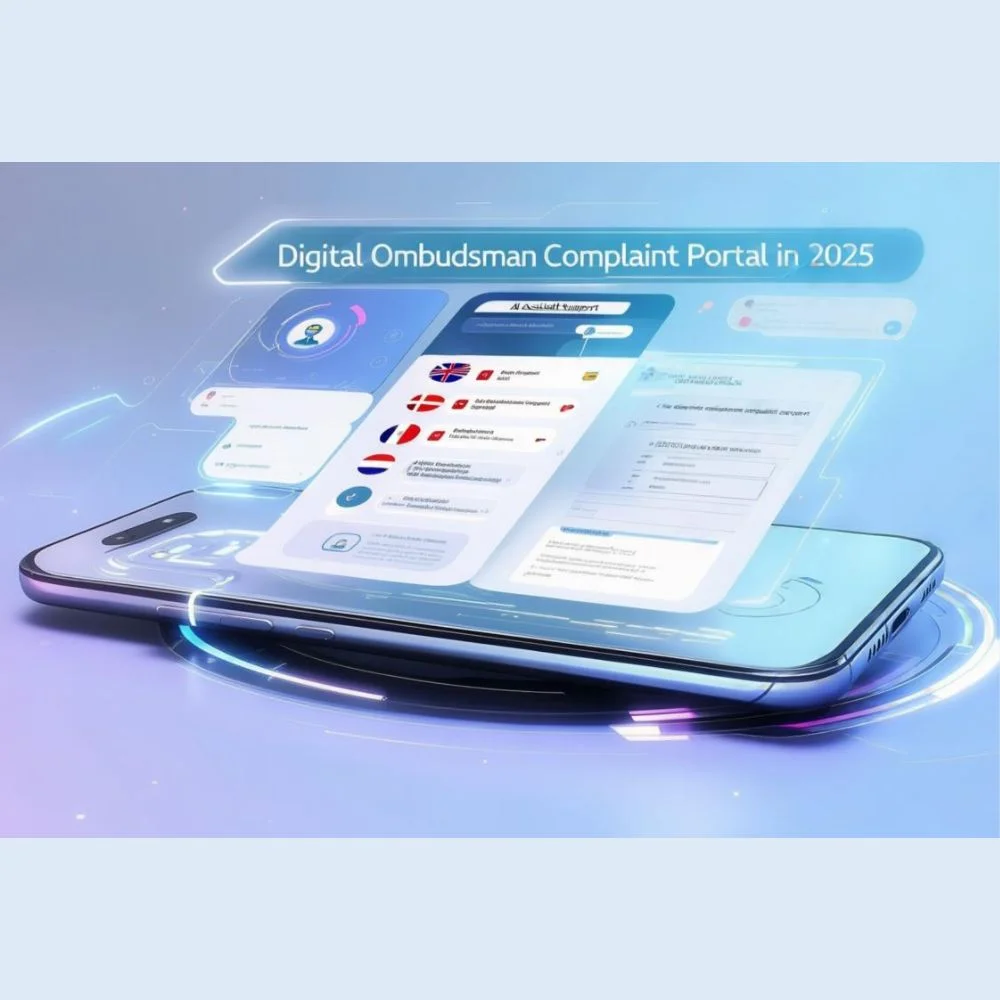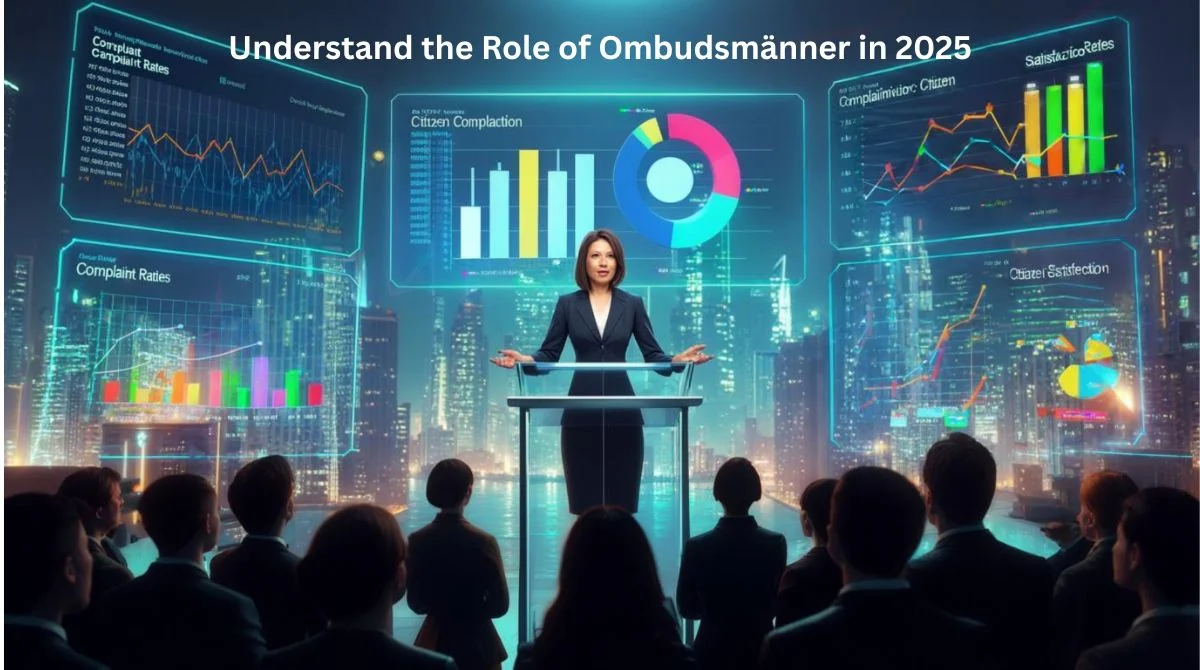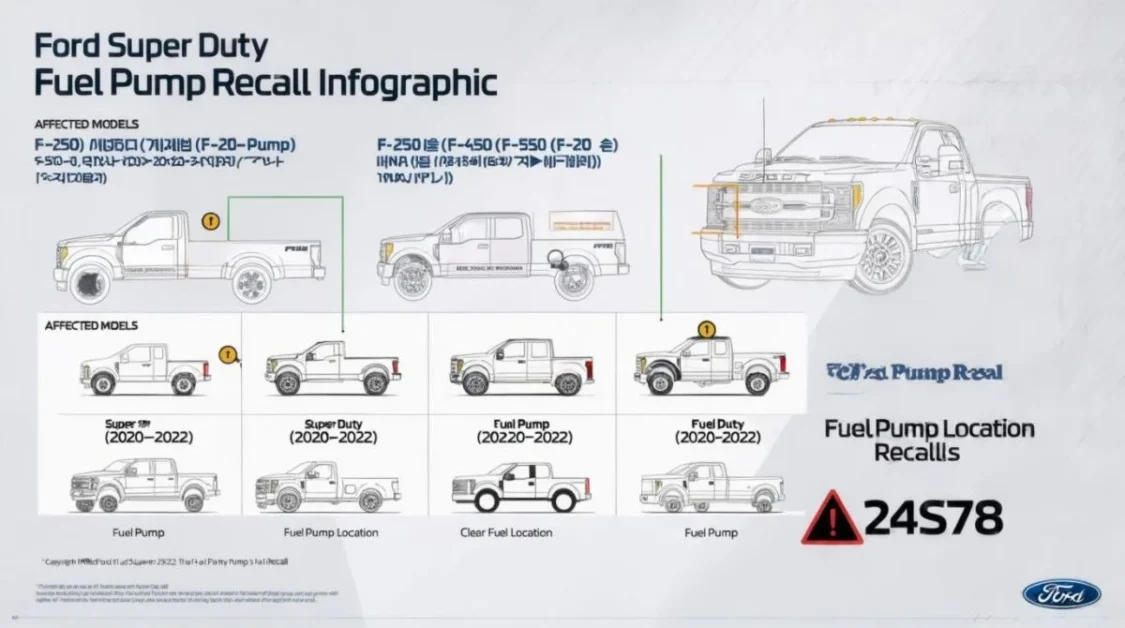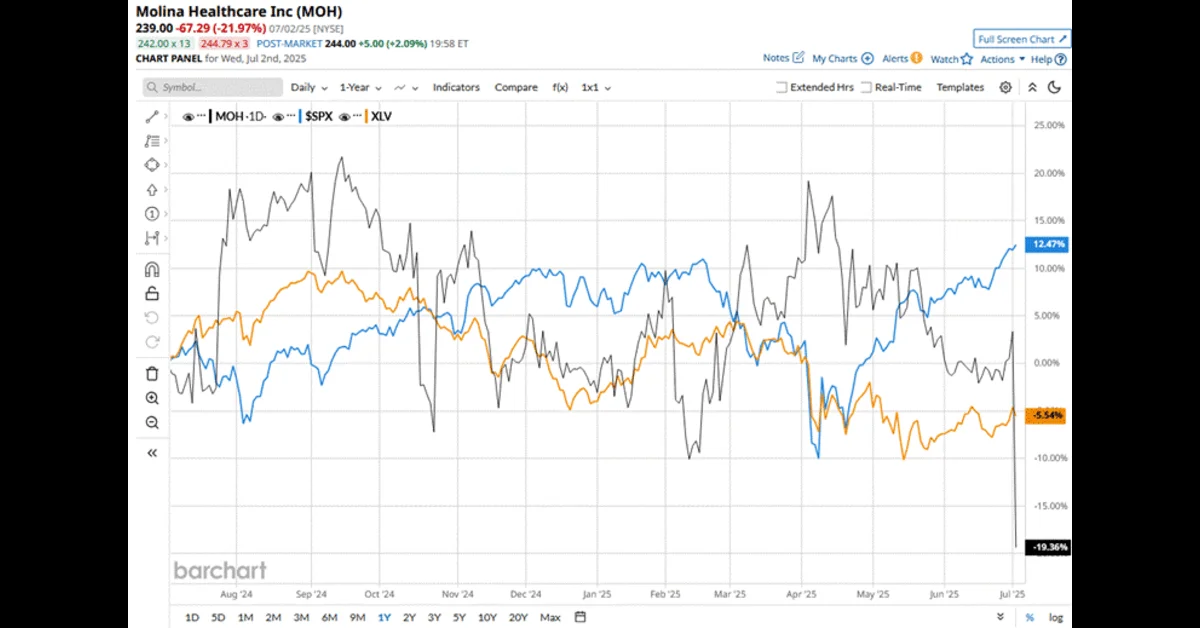In 2025, the role of Ombudsmänner is more important than ever. These neutral figures act as trusted mediators for individuals, businesses, government agencies and public institutions. Their job is to listen, investigate and resolve complaints fairly. This helps strengthen transparency, fairness and trust in modern systems. In this article, you’ll learn exactly what Ombudsmänner do, why they matter, the types you’ll find today, how they work, the challenges they face and how to access their support. The aim is to explain the role of Ombudsmänner in clear, practical language so anyone can understand and benefit from this service.
Who Are Ombudsmänner?
The German term “Ombudsmänner” refers to multiple ombudsmen independent professionals who help resolve disputes and complaints. Their roots go back to Sweden in the early 1800s, but today they operate around the world in public, private and educational sectors. In Germany, Austria and other countries, “Ombudsmänner” play a key role in ensuring citizens’ voices are heard when institutions fall short.
Why They Matter in 2025?
1. Promoting Fairness and Accountability
Ombudsmänner maintain fairness by investigating complaints against institutions and making recommendations for resolution. They don’t take sides they focus on fair process and system improvements.
2. Supporting Transparency
They help expose patterns of misconduct or unfair practices. By reporting systemic issues, they guide institutions toward better governance, public trust and compliance with regulations.
3. Protecting Consumer Rights
In sectors like banking, insurance, healthcare or public services, Ombudsmänner assist consumers who believe they’ve been treated unfairly. They can resolve disputes informally, faster and often free of cost.
4. Aligning with Global Standards
In December 2024, the UN adopted a resolution recognizing Ombudsman institutions as critical to achieving Sustainable Development Goal 16 effective, accountable institutions.
Types of Ombudsmanner in 2025
1. Government and Legislative Ombudsmänner
These oversee complaints against government agencies, public services and administrative actions. They help citizens align with laws and protocols.
2. Executive and Corporate Ombudsmänner
Found in businesses, nonprofits and universities, they handle internal conflicts employee grievances, customer complaints or ethical issues. Their role complements HR by offering confidential, informal support.
3. Media Ombudsmen
Working in newspapers, news websites and broadcasters, media ombudsmänner act as a bridge between readers and editors. They address complaints about accuracy, fairness or bias.
4. Healthcare and Education Ombudsmänner
Healthcare ombuds address patient complaints about care, access or discrimination. Education ombuds support students with issues like academic fairness or campus conduct.
5. Research Integrity Ombuds
In Germany, the Ombuds Committee for Research Integrity (OWID e.g.) supports scientists and academics to resolve conflicts around plagiarism, authorship, data issues and whistleblowing. It began direct institutional funding in 2025.
How Ombudsmänner Work (Process)?
1. Confidential Intake
When someone brings a concern, Ombudsmänner listen privately and ask clarifying questions. The process is always confidential and separate from formal channels.
2. Neutral Investigation
They gather facts by reviewing documents, talking to involved parties or interviewing witnesses. No judgment they just look for fair resolution.
3. Informal Mediation
They help parties explore options for resolving issues without formal procedures. Many concerns reach resolution through direct dialogues facilitated by the ombud.
4. Systemic Recommendations
If multiple complaints point to a larger pattern, Ombudsmänner make proposals to institutions to fix the root causes. These can improve policies or administrative procedures.
5. Advocacy for Process, Not Parties
They do not act as personal advocates. Their only advocacy is for fairness and equity ensuring proper procedure and respectful treatment.
Key Functions of Ombudsmänner Today
| Function | Description |
| Investigate Complaints | Look into issues from citizens, employees, students or patients. |
| Offer Fair Solutions | Suggest paths to resolve conflicts through mediation or recommendation. |
| Spot Trends | Identify recurring issues and propose structural improvements. |
| Recommend Policy Changes | Advise institutions on improving fairness and transparency. |
| Support Access to Justice | Provide low‑cost alternatives to litigation for individuals. |
| Maintain Confidentiality & Neutrality | Uphold trust in the process by staying impartial. |
Ombudsmänner in the European Union (2025 Update)
The European Ombudsman Teresa Anjinho took office on February 27,2025. They address maladministration in EU bodies, including unfairness, discrimination, abuse of power, delays and lack of transparency. Her office received 2,392 complaints in 2023 and opened 393 formal investigations. Despite lacking binding powers, compliance with recommendations remains high thanks to persuasive reporting.
Real World Benefits
- For Individuals: Accessible, trusted channel when formal systems fail or seem slow.
- For Organizations: Early conflict detection, reducing reputational and legal risks.
- For Societies: Strengthened trust in institutions and a pressure valve for frustrations.
Challenges Ombudsmänner Face in 2025
1. Limited Awareness
Many people still don’t know Ombudsmänner exist or how to reach them. Public education remains key.
2. Resource Constraints
Not all offices have enough staff or funding to investigate complex issues or accommodate surges in demand.
3. Institutional Resistance
Some institutions may be reluctant to act on recommendations, especially if that exposes fault or requires operational changes.
4. Lack of Legal Power
Ombudsmänner typically can’t enforce their decisions; they rely on goodwill and transparency to ensure compliance.

How to Access Ombudsmänner in 2025?
- Identify Your Ombuds Office: Check your institution’s website (e.g., university, hospital, corporate HR) or a public Ombuds website.
- Submit a Complaint: Usually via form, email or hotline initial contact is simple and confidential.
- Expect a Response: The ombud will respond to assess the concern and suggest next steps.
- Use Informal Pathways: Most resolutions happen through dialogue and mutual agreement.
- Report Patterns: If multiple people experience the same issue, the ombud may escalate systemic recommendations.
Best Practices for Ombudsmänner Today
- Keep Processes Simple: Use plain language and avoid jargon.
- Maintain Strict Confidentiality: Build trust and avoid reticence.
- Be Neutral: Listen to all parties without bias.
- Report Trends Anonymously: Share insights without revealing identities.
- Collaborate with Stakeholders: Build relationships with HR, management, legal teams and community groups to strengthen impact.
What’s New in 2025?
- UN formally recognizing Ombudsman institutions as essential to global governance and SDG 16 implementation. A new national Ombuds Committee for Research Integrity in Germany began receiving support from OWID e.g. in early 2025.
- In February 2025, Teresa Anijha assumed the role of EU Ombudsman, bringing fresh leadership and direction to the office.
Tips for Those Interested in Ombudsmänner
- If you have a complaint: don’t hesitate to reach out most Ombudsmänner offer free help.
- Stay informed: many public institutions publish their Ombudsmänner reports annually.
- Advocate: help spread awareness in your community or workplace.
- Support independence: Ombudsmänner work best when they are free from political or organizational pressure.
FAQs
Q 1. What is the main function of an Ombudsmann?
To act as an impartial mediator who investigates complaints and helps resolve them fairly.
Q 2. Are Ombudsmänner independent from organizations?
Yes, they operate independently to ensure neutrality and trust in their process.
Q 3. Can anyone file a complaint with an Ombudsmann?
Generally, yes as long as the complaint falls within the scope of the ombuds office.
Q 4. How are Ombudsmänner different from HR or lawyers?
They provide informal, confidential support not formal investigations or legal representation. They aren’t part of management and don’t advocate for either side.
Conclusion
In 2025, the Role of Ombudsmänner has evolved to become a vital part of public and private governance. They provide fair, transparent and confidential ways to resolve conflicts. By investigating complaints, mediating disputes and suggesting systemic reforms, Ombudsmänner promote accountability and trust. Whether you’re an individual facing unfair treatment or an institution wanting to improve your processes, understanding the ombudsmänner role can help ensure fairness and strengthen democratic values in modern society.
Stay informed, spread awareness and if you ever need to resolve a concern fairly know that Ombudsmänner are there to listen.



